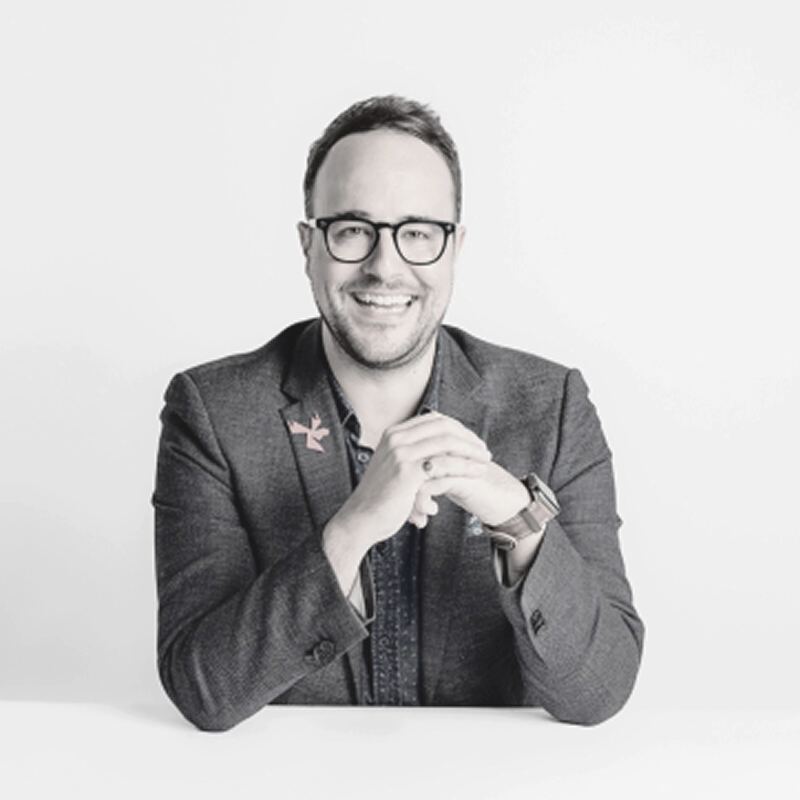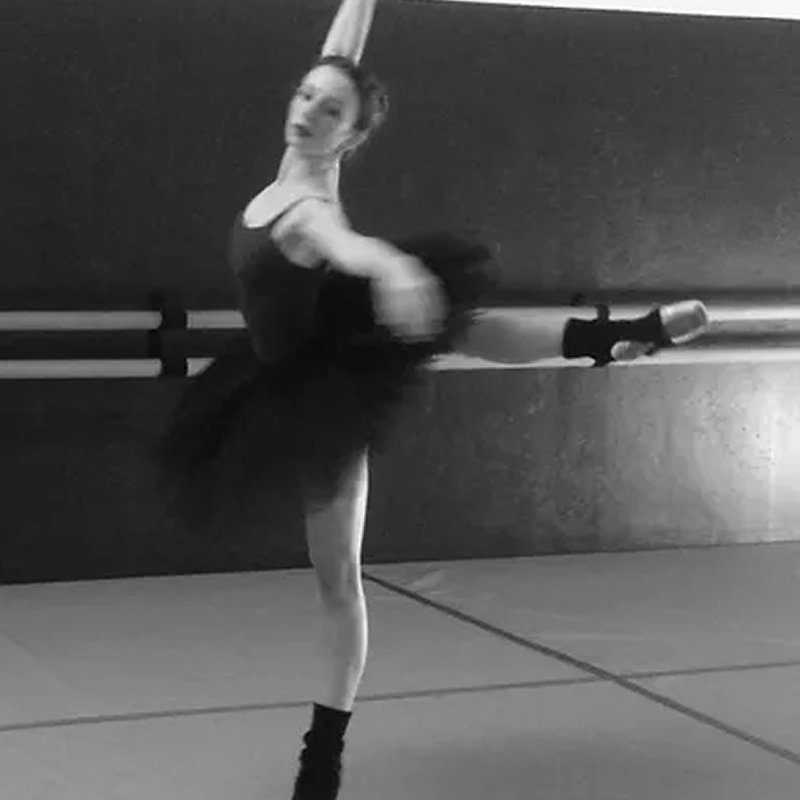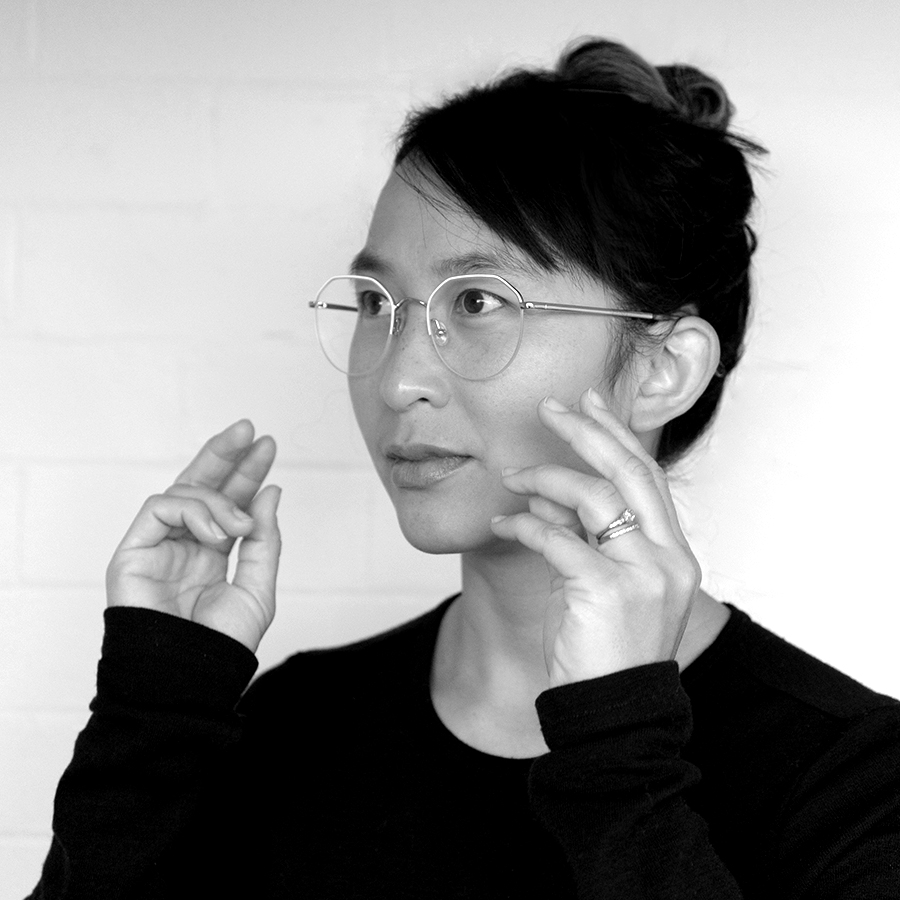
ASKING FOR A FRIEND
How long should I wait and hope for things to get better when it's tough to find work?
ASKING FOR A FRIEND - QUESTION
When freelance jobs dry up and you’re left wondering how long to hang on, it can feel like the industry’s turned its back for good. This honest conversation between an agency CEO, a creative psychologist, and a product leader explores how to navigate lean times — from acknowledging the grief of slow seasons to finding creative ways to keep your passion alive. Insightful, reassuring advice for anyone wondering whether to hold on, pivot, or simply trust that the taps will flow again soon.
When the work dries up and your bank account starts looking as empty as your Monday morning motivation, that question — how long do I hold on and hope? — becomes as sharp as an overdue invoice. The creative industry can feel like a particularly fickle cat: one minute it’s curled up in your lap, the next it’s glaring at you from under the couch while you wonder what you did wrong.
Nick Hunter — CEO and ECD of Paper Moose — Caitlin Thamm — psychologist and former dancer — and Sarah Nguyen from Streamtime recently unpacked this all-too-familiar feeling: when is it worth sticking it out, and when is it time to think about what’s next?
You’re not alone — even if it feels that way
First up: you’re far from alone in this struggle. Nick offers some perspective from the agency side: "I don't think you're alone I think businesses everywhere was struggling to... try and make that work and... hopefully this year is going to be different."
Last year hit hard for many: "We're in a pretty... January and February has felt very different from last year... fortunately so but... last year was a hard year with... recess... forces affecting advertising and marketing."
It’s not about your talent or your worth — sometimes the taps just get turned off for a while. "My sense is that the Taps are coming back on."
It’s okay to grieve what you thought would be
When the work you thought would flow… doesn’t, it can feel like losing part of who you are. Caitlin sees that for what it is: "I feel like they're already in getting the Vibes that they're already kind of in that sense of like... I'm grieving the... thing that I thought I would want and... or I imagined myself to be... where I wanted to be."
She’s been there too: "Even for myself it was I think it was leading up to it and I didn't really acknowledge it but... then there was one definitive moment where I was like no I'm actually... to leave dancing because it's not for me I want to... pursue something else."
There’s no shame in feeling that sense of loss. It’s not weakness — it’s human.
Maybe it’s not a big dramatic leap
Nick’s own story shows it doesn’t have to be an all-or-nothing pivot: "It was... kind of a very slow gradual shift because... I created the business so that I could create my own work... and then it kind of evolved and changed and... by the time I realized that kind of the Genesis had happened kind of naturally."
Sometimes change looks less like a single brave leap and more like a series of small steps. Caitlin adds: "That gradual idea if... you don't have a definitive moment and it's been a creeping sense... exploring that creative Outlet... might... you but of the things that you would be missing."
You don’t have to quit tomorrow — you can experiment while you wait to see if things pick up.
Keep your spark alive — even in a dry spell
Nick’s advice? Stay creative for yourself, not just for clients. "Create an art project that has doesn't have a client it just you're the client and you're just doing it for a passion and... for what you love and... that might help you tap back into whether this is the thing that you do love."
It’s a safe way to test your gut: "If it doesn't if it doesn't if you're not feeling it then maybe that's the sign."
Or maybe you’ll realise your love for the work is still there — you’re just waiting for the right chance to use it again. "I need to be creative and I think there's lots of different ways that you can be creative... so maybe it's also about tapping in and finding that outlet while you're waiting for the work."
Be honest about your plan B
If you’re seriously considering a new direction, do your homework. Caitlin’s practical reminder: "Talk to... somebody who's in the potential career change that you might be considering and say what day today is like sometimes the idea of something is always more glamorous than the thing itself even if it's... something that you want to do."
And remember, leaving isn’t just leaving a job — it’s often leaving a whole ecosystem of people and connections. "You got to remember I suppose you've got so many connections with that field as well so leaving it's not just leaving a job or leaving an industry it's like leaving those connections your support network and so finding a new place means finding new people and finding new everything... starting off again."
Stay if you love it, leave if you don’t
Nick sums it up beautifully: "I guess whether you hang on or not it... depends on... how much you love what you do and... and... the work that you're doing... because it's not like the industry is going to go away at all and people are going to need... need our services."
If the passion is still there, maybe it’s worth waiting it out a bit longer. If it’s gone, maybe that’s telling you something too.
There’s no one-size-fits-all answer
How long to hold on is deeply personal. It depends on your mental health, your finances, your tolerance for uncertainty — and your love for the work. There’s no shame in hoping, but there’s also no shame in exploring new possibilities.
Keep your creative spark alive while you wait. Stay honest with yourself about what you’re feeling — grief, frustration, hope, all of it. Talk to people doing the things you might want to try. And trust that no matter what, you’re more than your dry spell — you’re a creative human being who’s allowed to ask: Is this still working for me?
Sometimes the taps come back on. Sometimes you build a new one. Either way, you’ve got options — and you’re not in it alone.
our guests
Industry Leader

Nick Hunter
Paper Moose
Mental Health Expert

Caitlin Thamm
Host

